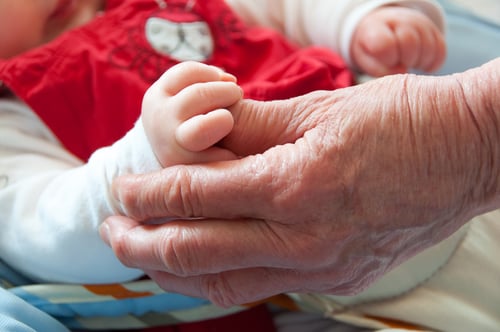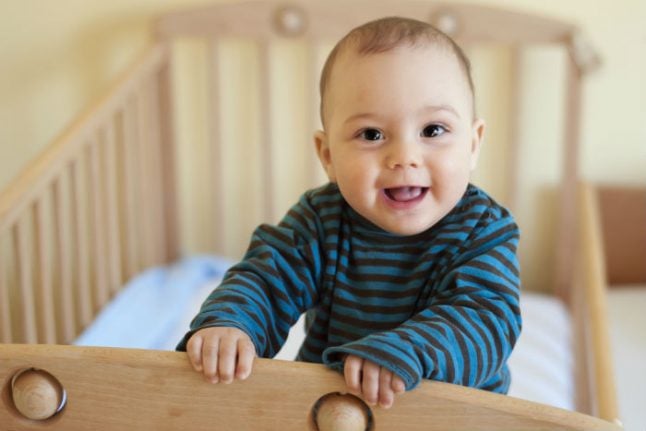Mauricia Ibáñez, a retired civil servant from a village near Burgos in northern Spain, gave birth to twins, Gabriel and Maria de la Cruz on February 14th after fertility treatment in the US.
News of the birth, which was announced by the hospital without revealing the identity of the mother, sparked furious debate in Spain over the ethics of becoming a mother well past the normal age of retirement.
“How old is too old?” asked on survey on Spanish website 20 Minutos.
Controversy was further stoked when it emerged that the new mother had previously had a child removed from her custody by social services for neglect; a daughter, Blanca, whom she gave birth to at the age of 58, is now cared for by relatives in Canada.
But in a revealing interview with El Pais, Ibánez addressed her critics and described her joy at becoming a mother to twins.
Madre de mellizos a los 64 años; así se siente Mauricia Báñez un mes después de dar a luz https://t.co/FoRgpbJurM
— EL PAÍS España (@elpais_espana) March 14, 2017
“It’s all been worth it. The mistakes, the anger, the uncertainty… They are a gift. They’re a miracle,” she told the newspaper from her home in Palacios de la Sierra, a town with 700 residents 70km south of Burgos.
She sought IVF treatment using donor eggs in the US, because clinics in Spain refused to assist on account of her age.
“I decided to become a mother because the experience of having Blanca, my first child, was fantastic… I’m not worried at all about my age. I am old, but it has been possible for me to get pregnant: science and medicine are the last opportunity we older people have,” she said.
“A man of 65 can have a child, and yet they question a woman: why?”
She explained that even her own family had been against her seeking fertility treatment. After taking early retirement from the foreign office for a paranoid personality disorder a decade ago, her own sister sought a court order to prevent her going abroad for treatment.
¿Avance o irresponsabilidad? Mauricia Ibáñez reivindica su derecho a ser madre a los 64 años > https://t.co/YXpnsBNeYK pic.twitter.com/PMkqXT4Zq4
— informativost5 (@informativost5) March 14, 2017
But a judge refused after psychologists testified that her condition did not prevent her from “looking after herself or a child.”
Ibañez is one of the oldest in the world to give birth, but is still two years younger than the current holder of the record, fellow Spaniard Maria del Carmen Bousada Lara, who also gave birth to twins.
Bousada, who was born on January 5th 1940 gave birth by caesarean section to twin boys, Christian and Pau, a week before her 67th birthday at the Sant Pau hospital, Barcelona, Spain on December 29th 2006.
Unfortunately, her sons were orphaned at two-years of age when their mother died of cancer.
Ibañez revealed that although she did have some fears about becoming a mother in her sixties, she refused to dwell on them.
“Do I think they could be orphaned? Yes, but I don’t want to think about it. If I had thought about it, then perhaps I wouldn’t have made the decision,” she admitted.




 Please whitelist us to continue reading.
Please whitelist us to continue reading.